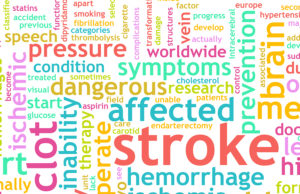 A stroke can be a sudden, unexpected, and terrifying experience both for your elderly parent and for you as their family caregiver. Being able to recognize the signs and symptoms of a potential stroke happening and knowing how to respond to it effectively is critical to getting your senior the help that they need as quickly as possible. Millions of brain cells die each minute after someone has experienced a stroke, and the faster that your parent gets emergency medical attention, the better chances that they have to recover effectively.
A stroke can be a sudden, unexpected, and terrifying experience both for your elderly parent and for you as their family caregiver. Being able to recognize the signs and symptoms of a potential stroke happening and knowing how to respond to it effectively is critical to getting your senior the help that they need as quickly as possible. Millions of brain cells die each minute after someone has experienced a stroke, and the faster that your parent gets emergency medical attention, the better chances that they have to recover effectively.
Use these tips to help you respond properly if you think that your parent is suffering a stroke:
• Evaluate their symptoms. According to the American Stroke Association, the primary symptoms that you should look for are facial drooping, weakness or numbness in one arm, and difficulties with speech such as slurring. If you notice any of these symptoms, it is time to act quickly.
• Call emergency medical services. As soon as you notice any of the potential symptoms of a stroke, it is important that you call 911. Even if you only suspect that your parent might be suffering a stroke or have noticed just one symptom, call emergency services first and then go back to evaluating their symptoms.
• Give emergency responders as much information as possible. When talking to the emergency medical team, give them as much information about your parent and the symptoms that they are experiencing as you possibly can. This should include when you started noticing these symptoms, if your parent noticed them before you did, and exactly what symptoms they are experiencing. This can help them to determine how to respond and which symptoms to address first.
• Get the details. Continue to gather information about your parent while waiting for medical services. This can include if they have been drinking that day, what type of medications they take, and if they have any allergies. This can help to determine how the medical team will treat them once they arrive at the hospital.
If your aging parent has suffered a stroke or they are increased risk of suffering such a health condition, now may be the ideal time for you to consider starting elder care for them. An elderly home care services provider can give your aging parent personalized services tailored to their individual needs, challenges, and limitations, but also to the type of care that you already give them and the amount of time that you are with them. This means that their customized schedule is designed around keeping you at the forefront of their care while also ensuring that your senior gets everything that they need at all times. When it comes to helping them manage recovery after a stroke, this care provider can offer reminders to help them stay compliant with their prescriptions and treatments, encourage them to live a healthy lifestyle, and monitor their condition to let you know if they detect health problems or symptoms that may need to be addressed.
Source
http://www.strokeassociation.org/STROKEORG/WarningSigns/Stroke-Warning-Signs-and-
Symptoms_UCM_308528_SubHomePage.jsp
http://www.strokeassociation.org/STROKEORG/AboutStroke/Impact-of-Stroke-Stroke-statistics_UCM_310728_Article.jsp#.WGmsc_krLIU
For elder care in Cherry Hill, NJ and the surrounding areas, call and talk to us at Home to Stay Healthcare Solutions (856) 321-1500.












